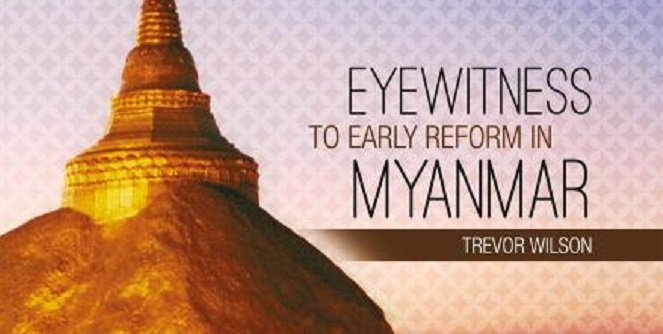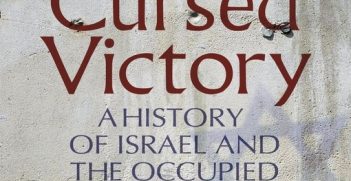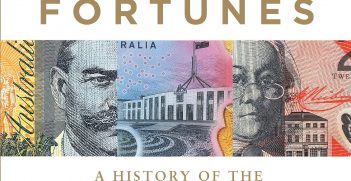Eyewitness to Early Reform in Myanmar

Australia has a strong tradition of diplomatic memoirs. Many former ambassadors and other officials have recorded their experiences and impressions of international events. The National Library of Australia (NLA) holds the private papers of others and has recorded the memories of many more as part of its oral history project.
Also, between 1988 and 1998, Griffith University’s Centre for the Study of Australian-Asian Relations published a series of monographs under the title Australians in Asia. Edited by Hugh Dunn, it included memoirs by several former members of the then Department of Foreign Affairs.
Few Australian diplomats, however, have written about their postings to Burma (now Myanmar). The CSAAR series included a memoir by Alf Parsons, who was there in the 1950s, and another by Richard Gate, ambassador in Rangoon (now Yangon) from 1980-82. Also, Edwin Ride published a memoir which touched on his experiences there in the mid-1960s and Richard Broinowski’s autobiography described Burma in the early 1970s.
Over the years, a few others have given public presentations or published paper in journals and online which throw light on their Burmese days. Some, like Garry Woodard (ambassador in Rangoon from 1973-1975), have deposited their papers in the NLA.
All these works describe Burma during the democratic era (1948-62) or under General Ne Win, who seized power in 1962 and ruled for the next 26 years. Until now, however, no one has covered the new Myanmar which began to take shape after the 1988 pro-democracy uprising and the rise of the opposition leader Aung San Suu Kyi.
Trevor Wilson’s memoir fits easily into this tradition but is narrower—both geographically and historically—than most other works in the genre. His recent book focuses on his time as Australia’s ambassador to Myanmar from 2000-2003. This is its main strength, however, which makes it unique in several ways.
Firstly, by focusing on 2000-03, Wilson covers a period in the development of modern Myanmar that has not been examined in depth before. In one sense, it was a relatively quiet time. However, in other ways it was a critical formative period for both the military government and the opposition movement, as they tried to achieve their different goals.
Moreover, the book provides an overview of Australian policy towards Myanmar during this period, from someone involved in its development and implementation—areas where contemporary scholarship is largely absent. Under Foreign Minister Alexander Downer, Australia adopted a different policy approach than most other western countries.
More importantly, Wilson’s book reveals the inner workings of a western diplomatic mission in Myanmar, and its relationships with the home country, the receiving government and local society. While a few foreign diplomats and diplomatic services have recorded their experiences in Myanmar, in Australia’s case, this has not been done for decades.
Furthermore, the book provides frank and informative insights on a wide range of contemporary issues, of a kind that are difficult to find elsewhere. Wilson also offers observations on key personalities. For example, he writes that Aung San Suu Kyi is an impressive figure but “very conscious of her own importance” and “prickly to deal with”.
Above all else, the book is an entertaining account of the author’s life in Myanmar. He was both an insider, involved in a range of local activities, and a professional observer, reporting to Canberra on developments from a different viewpoint. This dual role gives the book both intimacy and immediacy.
Wilson provides a perspective that has been missing from almost all other accounts of modern Myanmar, namely that of a senior foreign official with direct knowledge of local events, circumstances and personalities. His book fills a number of gaps in the literature, and should contribute to a more balanced and informed public debate about a country that has long been the victim of myths and misconceptions.
Trevor Wilson, Eyewitness to Early Reform in Myanmar, Asian Studies Series Monograph No.7 (Canberra: ANU Press, 2016)
Dr Andrew Selth is an adjunct associate professor at the Griffith Asia Institute, Griffith University, and the Coral Bell School, Australian National University. He served in the Australian Embassy, Rangoon, from 1974-76, and has published widely on Myanmar and related issues.





